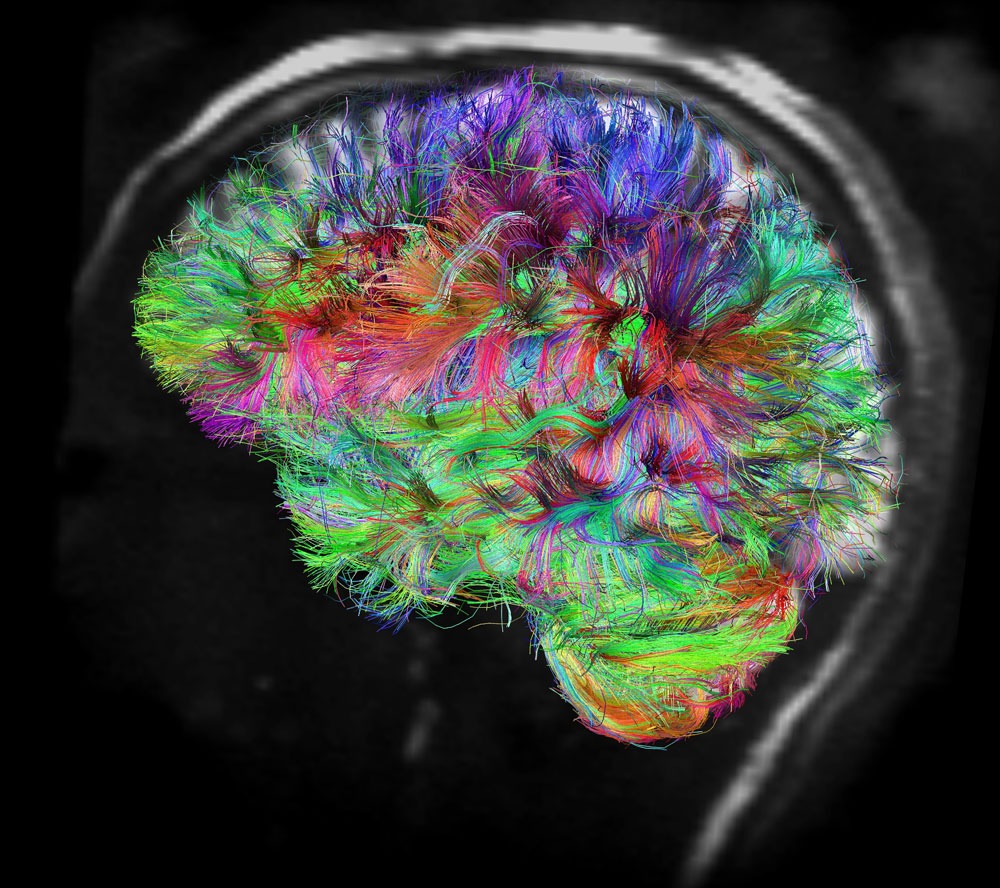Study finds psychiatric diagnoses to be ‘scientifically meaningless’
 __________
__________
Psychiatric diagnosis ‘scientifically meaningless’ (Science Daily):
“A new study, published in Psychiatry Research, has concluded that psychiatric diagnoses are scientifically worthless as tools to identify discrete mental health disorders.
The study, led by researchers from the University of Liverpool, involved a detailed analysis of five key chapters of the latest edition of the widely used Diagnostic and Statistical Manual (DSM), on ‘schizophrenia’, ‘bipolar disorder’, ‘depressive disorders’, ‘anxiety disorders’ and ‘trauma-related disorders’ … The main findings of the research were:
- Psychiatric diagnoses all use different decision-making rules
- There is a huge amount of overlap in symptoms between diagnoses
- Almost all diagnoses mask the role of trauma and adverse events
- Diagnoses tell us little about the individual patient and what treatment they need
… Lead researcher Dr Kate Allsopp, University of Liverpool, said: “Although diagnostic labels create the illusion of an explanation they are scientifically meaningless and can create stigma and prejudice.”
The Study:
Heterogeneity in psychiatric diagnostic classification (Psychiatry Research). From the abstract:
- The theory and practice of psychiatric diagnosis are central yet contentious. This paper examines the heterogeneous nature of categories within the DSM‑5, how this heterogeneity is expressed across diagnostic criteria, and its consequences for clinicians, clients, and the diagnostic model. Selected chapters of the DSM‑5 were thematically analysed: schizophrenia spectrum and other psychotic disorders; bipolar and related disorders; depressive disorders; anxiety disorders; and trauma- and stressor-related disorders. Themes identified heterogeneity in specific diagnostic criteria, including symptom comparators, duration of difficulties, indicators of severity, and perspective used to assess difficulties. Wider variations across diagnostic categories examined symptom overlap across categories, and the role of trauma. Pragmatic criteria and difficulties that recur across multiple diagnostic categories offer flexibility for the clinician, but undermine the model of discrete categories of disorder …A pragmatic approach to psychiatric assessment, allowing for recognition of individual experience, may therefore be a more effective way of understanding distress than maintaining commitment to a disingenuous categorical system.
The Study in Context:
- From Mental Health to Behavioral Health…and back?
- When Healthcare ignores Mental Health: 200 common prescription medications increase depression risk
- What do people with schizophrenia, bipolar disorder, depression, addiction, obsessive-compulsive disorder, and anxiety have in common?
- Mixed reactions on the development of digital biomarkers


